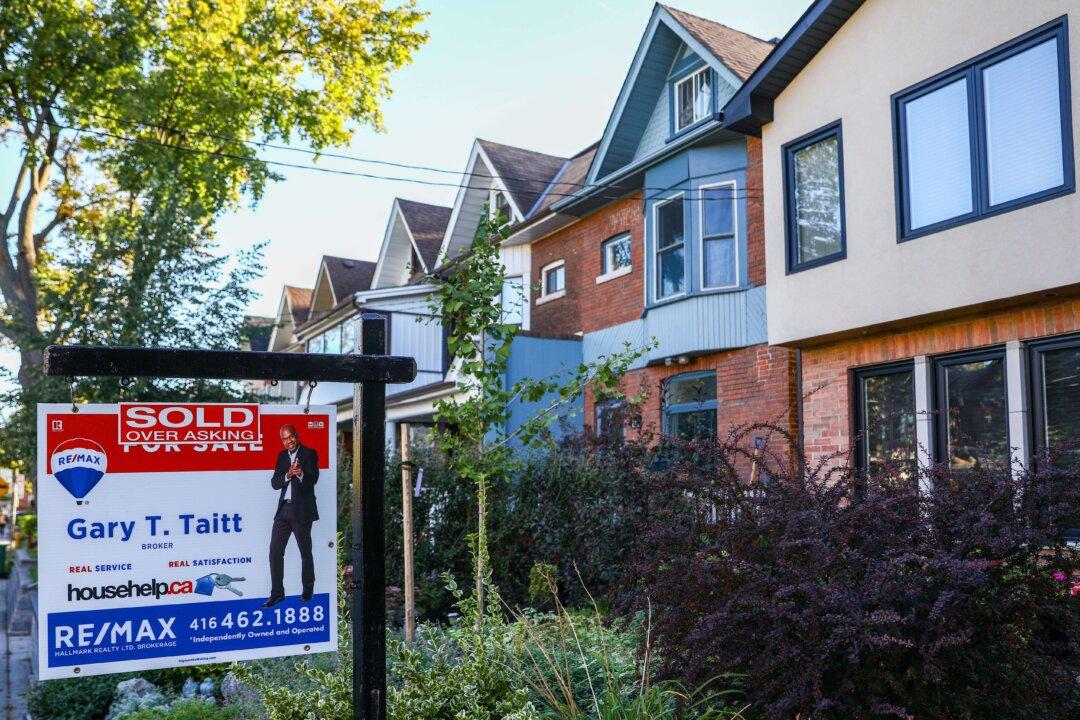Canadians can soon expect the largest housing market correction in over 40 years, the Royal Bank of Canada predicts in a new report.
Robert Hogue, an analyst at RBC Economics and the author of the report, said surging inflation has caused RBC to change its former economic forecast to a more severe alternative.





